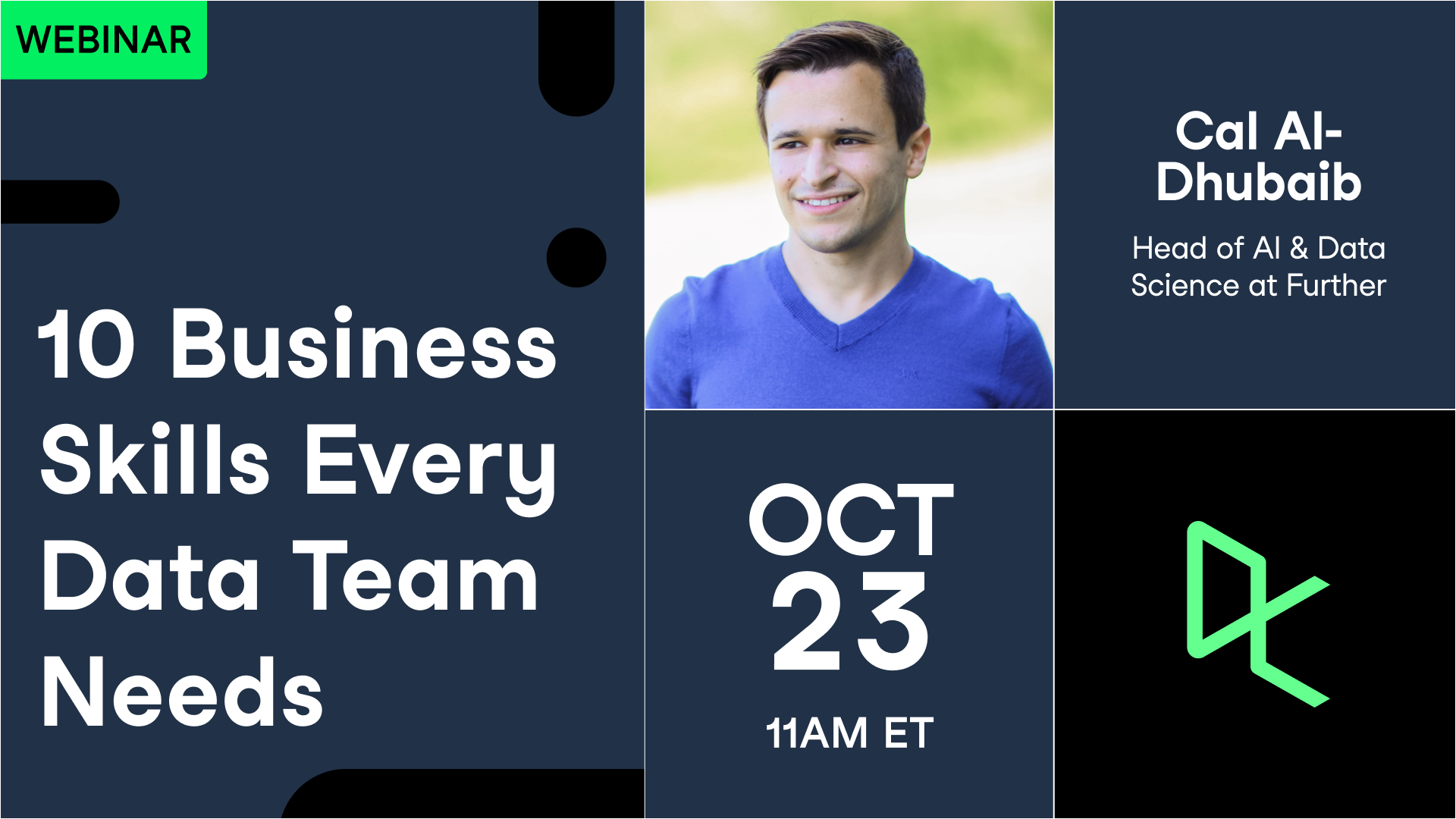Skip to main content





Related
white paper
What Your Employees Must Learn to Work With Data in the 21st Century
These are the topics and skills that employees must know to work with data.webinar
Data Skills to Future-Proof Your Organization
Discover how to develop data skills at scale across your organization.webinar
Storytelling for more impactful data science
Storytelling enables data teams to formulate impactful aspects of their work.webinar
How to hire and test for data skills: A one-size-fits-all kit
Need to hire data scientists or analysts? This guide shows you how.webinar
8 Rules for Effective Data Storytelling
Best practices for crafting actionable data stories that drive business impact.webinar
What Your Employees Must Learn to Work With Data in the 21st Century
Here's how data can impact your employees' work and what they need to know.Join 5000+ companies and 80% of the Fortune 1000 who use DataCamp to upskill their teams.
Loved by thousands of companies

